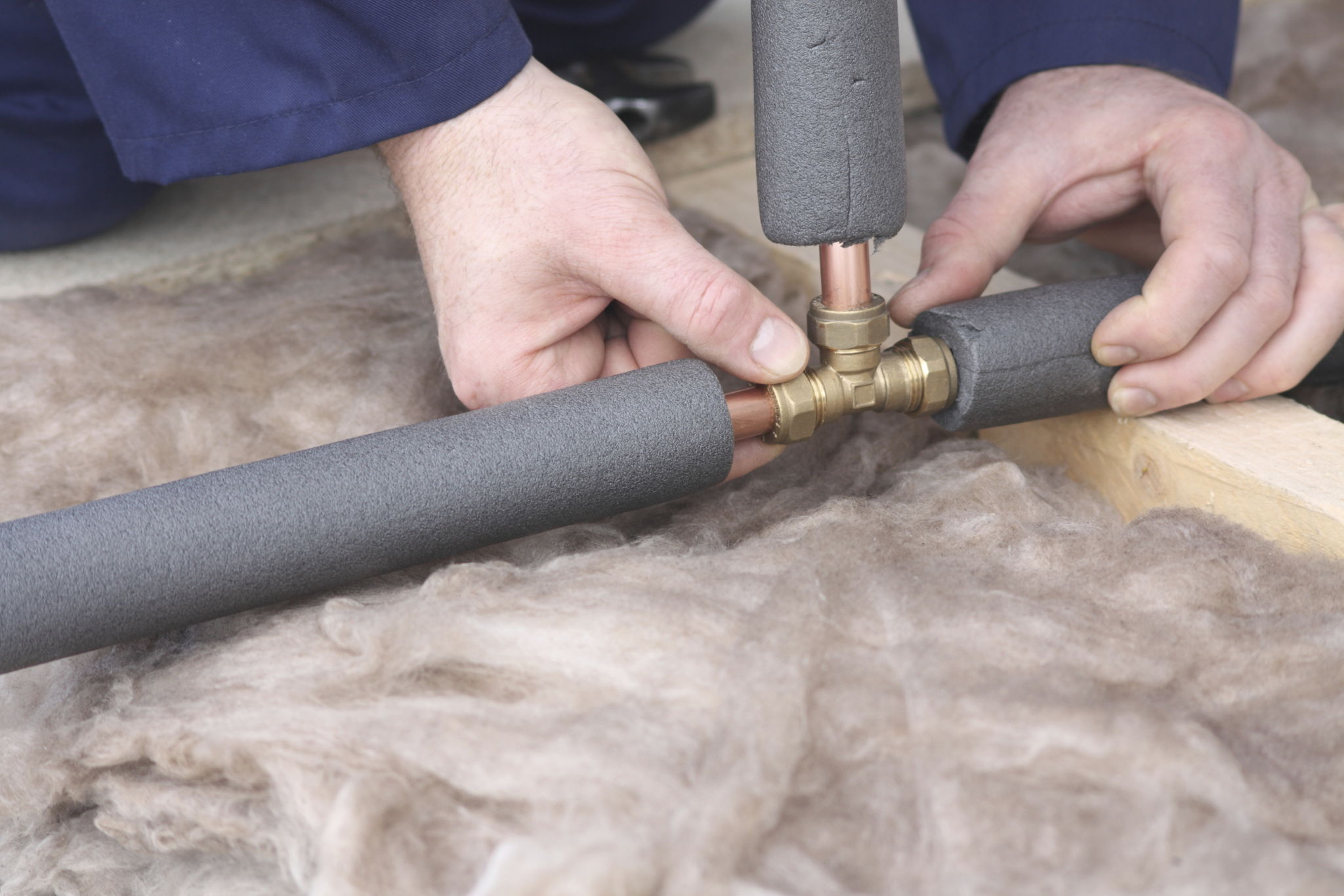Debunking Myths About Energy Efficiency in Hot Water Systems
Understanding Energy Efficiency in Hot Water Systems
Energy efficiency in hot water systems is a topic that often comes with a fair share of misconceptions. Many homeowners are eager to cut down on their energy bills and reduce their carbon footprint, but misinformation can sometimes lead them astray. In this post, we aim to clear up some common myths surrounding energy-efficient hot water systems so you can make informed decisions for your home.

Myth 1: All Water Heaters Are the Same
One of the biggest misconceptions is that all water heaters function the same and offer similar levels of efficiency. In reality, there are several types of water heaters available, including tankless, solar, and heat pump models, each offering different levels of energy efficiency. Tankless water heaters, for example, provide hot water on demand and avoid the standby energy losses associated with traditional tank models.
It's important to understand the differences between these systems. A heat pump water heater can be two to three times more energy-efficient than conventional electric resistance water heaters. By evaluating your household's hot water needs and comparing efficiency ratings, you can choose a system that suits both your energy goals and budget.
Myth 2: Bigger Tanks Mean Better Efficiency
Another common myth is that larger tanks automatically mean more efficient heating. The logic seems simple: a bigger tank can hold more hot water, so it must be better, right? However, larger tanks often have higher standby heat losses, which means they can be less efficient over time.

For many households, a smaller tank or even a tankless system may be more efficient by reducing heat losses and providing hot water only when needed. It's important to consider the size of your household and hot water usage patterns when selecting a system to ensure it meets your needs without unnecessary energy waste.
Myth 3: Insulating Your Water Heater Makes No Difference
Some people believe that insulating their water heater tank won't have a significant impact on energy efficiency. This couldn't be further from the truth. Insulating your water heater and pipes is one of the simplest and most cost-effective ways to improve efficiency and save on energy costs.
An insulated water heater retains heat longer, reducing the amount of energy needed to keep the water at the desired temperature. Pipe insulation also helps minimize heat loss as hot water travels to your faucets and showers. These small changes can lead to significant savings over time.

Myth 4: Regular Maintenance Isn't Necessary
Many homeowners assume that once a hot water system is installed, it requires little to no maintenance. While modern systems are designed for durability, neglecting regular maintenance can reduce efficiency and shorten the system's lifespan.
Regularly flushing your tank to remove sediment build-up, checking for leaks, and ensuring thermostatic settings are optimal can keep your system running efficiently. Routine maintenance not only saves energy but also prevents costly repairs down the line.
Conclusion
Debunking these myths is crucial for making informed decisions about your hot water system. By understanding the true factors influencing energy efficiency, you can choose the right system and practices to reduce your energy consumption and enjoy long-term savings.
Remember, when it comes to investing in an energy-efficient hot water system, knowledge is power. With accurate information, you can transform how your household consumes energy and contribute positively to environmental sustainability.
